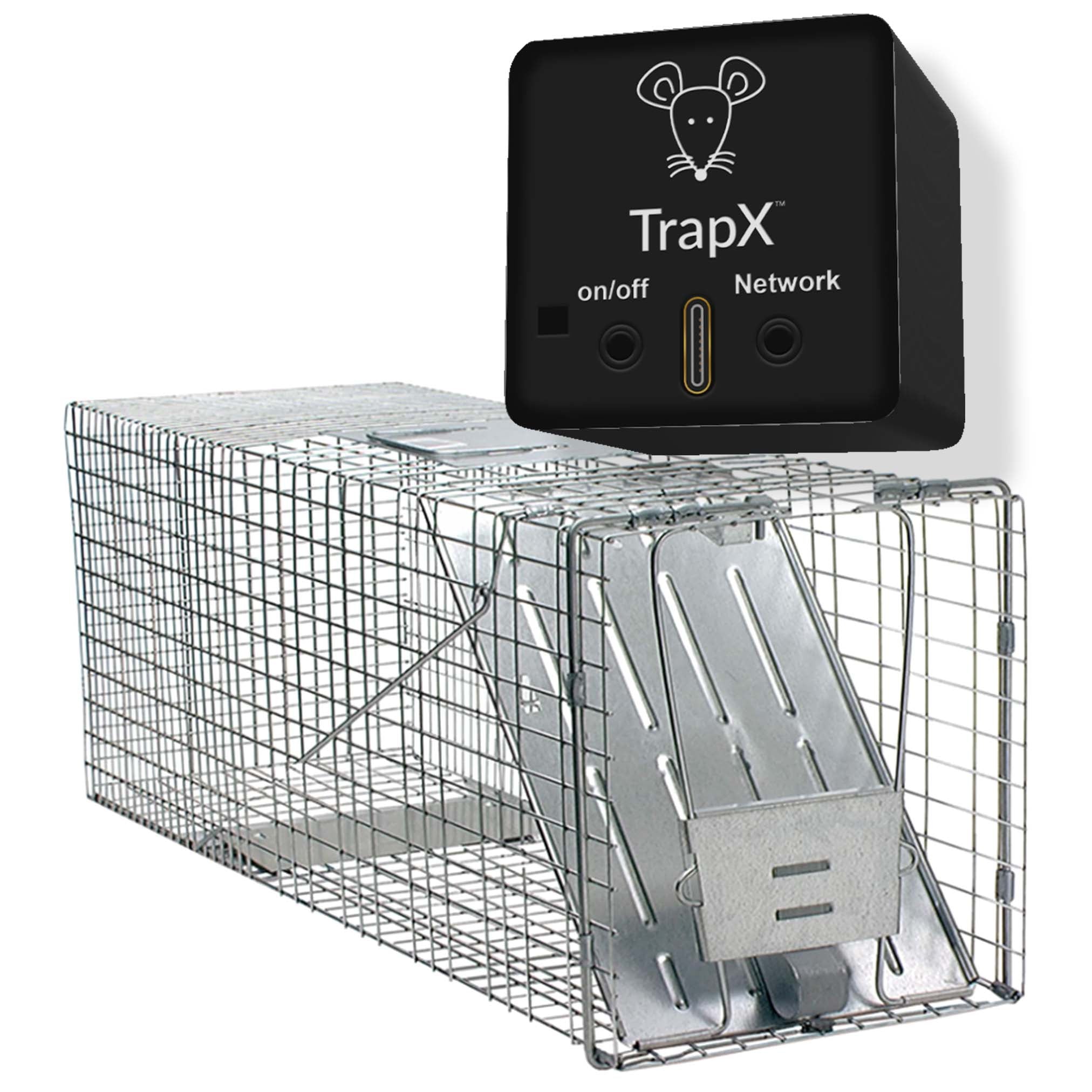Keeping your home free from pests can be a daunting task, especially when it comes to rodents. Knowing how to rodent proof a room not only helps in maintaining a hygienic living space but also preserves property and prevents potential health risks. In this detailed guide, we'll provide effective methods and authentic tips on achieving a rodent-free home.

Why Rodent Proofing Is Essential
Rodent proofing is not just about keeping pests away but also about ensuring your family's health and safety. Rodents like rats and mice can cause severe damage to your house by gnawing through wires, insulation, and even woodwork. More importantly, they can pose significant health risks by carrying harmful diseases and infections.

Signs of Rodent Infestation
1. Physical Evidence
Look for droppings, urine stains, and gnaw marks around the house. These signs are often the first indicators of a rodent problem.
2. Strange Noises
Rodents are usually active during the night. Listen for scratching or scurrying sounds in walls, attics, or ceilings.
3. Nesting Material
Rodents use various materials like paper, fabric, and dried plants to build nests. Finding such materials in hidden corners is a clear sign of their presence.

Steps to Rodent Proof Your Room
1. Seal Entry Points
Rodents can squeeze through tiny openings. Inspect your home for gaps and cracks, particularly around windows, doors, and utility lines. Seal any entry points using caulking or steel wool.
2. Keep Food Secure
Always store food in airtight containers. Ensure that pet food is also sealed and stored properly. Avoid leaving food out overnight.
3. Maintain Cleanliness
A clean home is less attractive to rodents. Regularly clean floors, countertops, and dining areas. Dispose of garbage regularly and keep trash bins tightly closed.
4. Use Traps and Baits
Setting traps and using rodent baits can help in catching and killing the pests. Place them in high-activity areas like behind furniture, along walls, and near food sources.
5. Keep Outdoor Areas Clean
Maintaining a clean exterior is equally important. Trim overgrown shrubs and avoid stacking woodpiles near your home. Keep gutters clean and ensure there are no stagnant water areas.

Using Natural Deterrents
1. Peppermint Oil
Rodents dislike the strong smell of peppermint. Soak cotton balls with peppermint oil and place them in areas where you suspect rodent activity.
2. Ultrasonic Devices
These devices emit high-frequency sounds that are intolerable for rodents but inaudible to humans. Place them strategically around your home for effective results. For more advanced options, check out mouse trap monitors.
3. Essential Oils
In addition to peppermint, essential oils like eucalyptus and citronella can repel rodents. Use these oils in diffusers or sprays to keep rodents away.
Professional Help and Advice
When to Call a Professional
If you notice a severe infestation that is beyond your control, it's best to call in a pest control professional. They have specialized tools and knowledge to handle significant infestations effectively. If you're unsure where to start, check out this guide to pest control for more information.
Choosing the Right Pest Control Service
Look for licensed and experienced pest control services. Ask for references and read reviews to ensure you are hiring a reliable service.
FAQs on How to Rodent Proof Room
1. How can I identify the entry points for rodents?
Inspect your home for small gaps and cracks, especially around windows, doors, and utility lines. Rodents can squeeze through even the tiniest of openings.
2. What food attracts rodents the most?
Rodents are attracted to food with a strong smell like cheese, peanut butter, and sweets. Always store food in airtight containers to avoid attracting them.
3. Are natural deterrents effective in rodent proofing?
While natural deterrents like peppermint oil and essential oils can be helpful, they may not be as effective as traps and baits in severe infestations. Learn more about eco-friendly deterrents.
4. How often should I clean to keep rodents away?
Regular cleaning is crucial. Ensure cleanliness in food storage areas, dispose of garbage regularly, and maintain a clean exterior environment to keep rodents at bay.
5. What should I do if traps and baits do not work?
If traps and baits are not effective, it may be time to seek professional pest control services. They have specialized tools to handle severe infestations. For more tips, consider reading our rodent-proofing your filing drawers.
6. Can rodents cause health issues?
Yes, rodents can carry harmful diseases and infections. It's essential to address a rodent problem promptly to prevent health risks to your family.
Conclusion
Knowing how to rodent proof a room is essential for maintaining a pest-free and healthy living environment. By following these detailed tips and steps, you can effectively keep rodents at bay and ensure a safe and hygienic home.
As an Amazon Associate, I earn from qualifying purchases.
